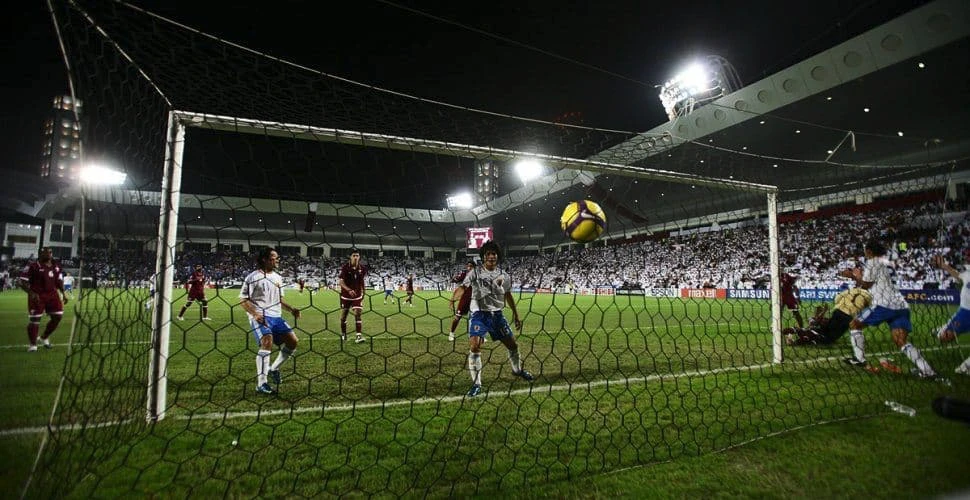With Lionel Messi captaining, Argentina’s third win at the World Cup 36 years after their second, may not be considered especially unusual. What about the host country Qatar? The first tournament to be held in a Muslim nation is a break from a history of past locations – predominantly Europe and the Americas. The break I am referring to is the unusual focus on the experience of exploited laborers.
Major sporting events and trafficking tropes
Before Qatar 2022, extreme exploitation in the context of major sporting events that caught public attention was limited to the topic of trafficking for sexual exploitation, itself largely sensationalized through media coverage. In the context of the annual U.S. Super Bowl (the final game in the American football championship), researchers confirm that empirical evidence does not suggest that major sporting events cause trafficking for sexual exploitation.
In the context of the Qatar World Cup migrant worker exploitation and forced labor allegations have been a major concern and conditions faced by workers like Bide have been commonplace. Bide Majakoti traveled from Nepal on the promise of a well-paid job and paid high recruitment fees to secure it. When he arrived in Qatar, he was forced to accept a different job and his nightmare of exploitation and modern slavery began. Bide was forced to do his job in terrible working conditions, in the blistering heat without safety precautions or pay. Fortunately, he was able to return home, although saddled with debt. Thousands of other workers never get that chance and are denied exit visas, forced to work long hours with little rest despite the high heat.
The task for anti-trafficking activists promoting an informed understanding of human trafficking around major sporting events has, until Qatar 2022, been focused on attempting to reframe the public narrative and reduce misinformation, to some success. Sporting events sharpen the focus of a wider narrative that sees trafficking as only for the purpose of sexual exploitation, disregarding forced labor.
Attention to labor exploitation exceptional
In this context, attention given to labor exploitation in the run-up and during the World Cup is somewhat exceptional. Yes, the infrastructure needs in Qatar for preparation were also exceptional, as was the large-scale use of migrant labor, many of whom were living and working in exploitative conditions, even risking their lives. Forced labor is endemic. It is estimated that 28 million are living in forced labor in 2021. This should be a conversation we’re always having. What about the working conditions?
Campaigning began several years prior soon after Qatar won the bid highlighting the kafala system in which workers’ immigration status is tied to their employer, facilitating coercion and so their abuse is widely documented across the Gulf region.
The success of the campaigning is marked by the commitment made by the Qatari authorities and the legislative changes to the employer system. The failure has been in redress for workers who were exploited, particularly the lack of a compensation fund, and the failure of workers enjoying these changes.
Nevertheless, what Qatar did do, albeit in limited framing, was increase awareness of the negative side of the global economy, how ‘labor’ is treated as a commodity from which profit can be squeezed, and how when coupled with discrimination based on race and/or nationality, that the systematic exploitation of people happens.
Modern slavery in the United States
Next up are Canada, Mexico, and the United States who are co-hosting the football 2026 World Cup. Will we be able to leverage the same momentum to put the spotlight on exploited workers? Will other countries and Football Associations be putting pressure on the United States to reform their laws that allow slavery to continue legally? We certainly hope so as Freedom United is working towards a world in which policies and practices bring an end to all forms of modern slavery for everyone everywhere.




